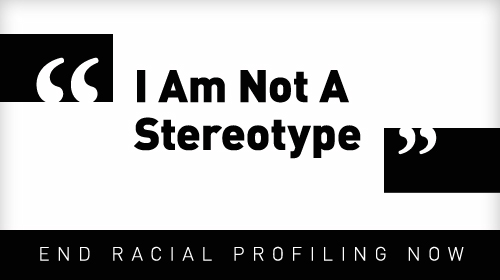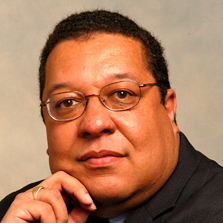

Dennis Parker
It is difficult to convey how painful it is to live in a world in which nothing you do is as important as the color of your skin. Individual talents, experiences, achievements, educational attainments, interests—everything which makes us unique individuals—disappears for too many people who choose to define us only by our race.
When I first moved to New York to work for the Legal Aid Society in Brooklyn, I asked a colleague, John Youngblood, for suggestions about finding an apartment. Both of us had the same job, earned the same salary, graduated at the same time from law school, both weighed more than we would like and were both given to quoting somewhat pompously from great works of literature at the slightest provocation.
The major difference between us is that John is white. He suggested a real estate agent who had taken him to see a number of apartments the day before, many of them located in the more affluent parts of Brooklyn. My experience with the agent the next day was completely different. She told me she had only one apartment in a predominantly minority neighborhood and told me nothing of the multiple apartment listings which John had been shown the day before. I realized then that it didn’t matter what I had accomplished in my life — that I was steadily employed and followed the rules to become a productive member of American society. The only fact that mattered was that I was Black.
It is difficult to convey the hurt and shame to people who will never experience this. They will never have to have a conversation with their child about how to interact with law enforcement to avoid becoming an arrest statistic or worse.
Nearly every one of my Black friends with a son has had this conversation, often referred to in communities of color as “the talk.” While white children are taught that they should seek out the police for assistance, Black children are taught to be wary and even fearful. It is striking that we can occupy the same space geographically but live in such different worlds.
More than a half century ago, Malcolm X pointedly asked, “What does the white man call a black man with a PhD? A nigger with a PhD.” The derogatory term is an expression of the fundamental dehumanizing and depersonalizing nature of discrimination, and it is a reminder that prejudice is not insulated by academic achievement or hard work. Regardless of our successes, family or income, many law enforcement officials still only see our skin color and think people of certain shades don’t belong in certain neighborhoods. President Obama, who frequently avoids discussing race, perfectly illustrated this when he said, “If I had a son, he’d look like Trayvon.” Implicit in that statement is that if the president’s hypothetical son had been in Sanford, Florida, that fateful night, the fact that his father is the leader of the free world have offered him little protection.
That divide is evident in research surrounding how people view the death of Trayvon Martin. A recent study by the Pew Research Center shows that response to media coverage of the Martin shooting splits along racial lines, with 43 percent of whites thinking it has received too much coverage versus only 16 percent of Blacks. There are many possible reasons for this disparity, but surely one of them is the fact that Trayvon’s story resonates with Blacks in a way that it does not, and perhaps cannot, for whites.
Many people justify racial profiling in the name of public safety or national security, suggesting that the mistreatment of people of color is a necessary, collateral consequence of law enforcement strategies. No mention is made of the cost of the alienation that results from feeling that a wholly different set of rules applies to one group or race, or the fact that it is a law enforcement practice that has proved ineffective.
It is good that people of all races and ethnicities have spoken out in protest of the shooting of Trayvon Martin. But as long as only a small group of people think that “Trayvon could have been my son,” we will continue to live in a country that cannot understand the prejudice that persists.
Ultimately, the lack of empathy for people who differ from us may be the greatest obstacle to true equality.
This is the sixth of eight blog posts in the series "I Am Not a Stereotype: End Racial Profiling Now," on ACLU's Blog of Rights.
Take action. Urge your member of Congress to pass the End Racial Profiling Act, legislation sponsored by Sen. Ben Cardin (D-Md.) and Rep. John Conyers, (D-Mich.) which would, among other things, provide training to help police avoid responses based on stereotypes and unreliable assumptions about minorities.

